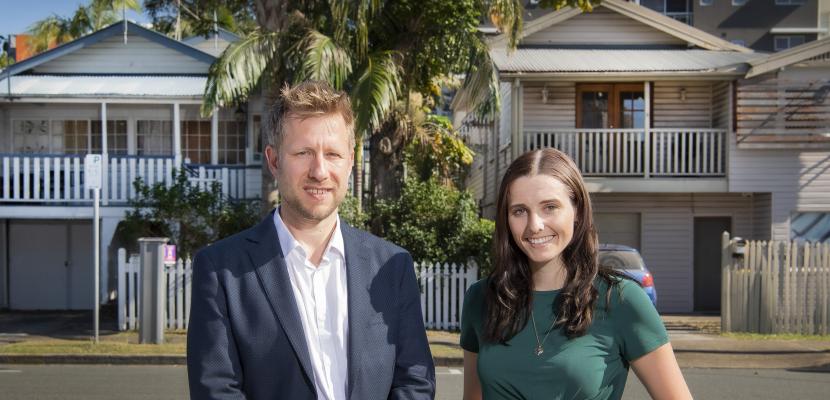
Showing photos of Queenslander houses to people with brain disorders could predict their risk of becoming lost during everyday outings.
The test developed by Bond University Assistant Professor of Psychology Oliver Baumann might also help diagnose early cognitive decline caused by degenerative brain disorders such as Alzheimer‘s disease.
“Potentially this means we can assess patients who are still in their hospital beds to determine if they will have a hard time finding their way around once they get home,” Dr Baumann said.
“That can be important for relatives who are planning the level of care required for their loved ones.
“The patient might have good verbal abilities and seem fine, but suddenly become lost while driving or walking to the supermarket or their GP.”
Many disorders can affect people’s ability to find their way around including head injuries, stroke, and even depression.
Dr Baumann’s five-minute test involved showing study participants photos of 20 different houses built in the distinctive Queenslander style of architecture.
Participants were instructed to remember the houses before being shown them again, but this time mixed with 20 new images of houses.
They then had to differentiate between the old and new pictures.
Poorer performance in the test predicted similarly poorer performance in a simulated driving navigation task.
Current tests for what is called ‘wayfinding performance’ rely on patients assessing their own abilities.
Men in particular can overestimate their navigation skills while some patients try to mask their impairment.
Dr Baumann said the next step in his research might include developing an app so the test could be carried out simply and quickly.
But he said it was even possible to administer the test using just flashcards.
The study by Dr Baumann and Rhianna Lovegrove of the Bond University School of Psychology was published in the Journal of Applied Cognitive Psychology.